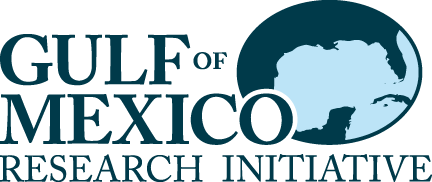Summary:
This project seeks to assess impacts of the Deepwater Horizon oil spill on the biology of epipelagic and large coastal sharks and teleosts in the eastern Gulf of Mexico. Using a targeted approach, we will conduct research cruises to collect blood and tissue samples from specimens both in the known vicinity of the surface oil and subsurface plumes, and in control areas far from the oil. Emphasis will be on selected species of epipelagic and large coastal sharks and several species of epipelagic teleosts including tuna, swordfish and billfish, depending on the bycatch resulting from the gear targeting sharks. Opportunistic sampling of offshore species that enter coastal waters will be conducted along the central-to-southwest Florida Gulf coast. In both targeted and opportunistic modes, live sharks will be tagged and released to track animal movements in relation to the oil spill distribution and dynamics. Laboratory assays will determine levels of exposure of, and sublethal effects on, sampled specimens from oil-impacted vs. control areas. A suite of biomarkers will be used to examine PAH residues, blood parameters and genetic anomalies by species near to and far from the oil spill.
The project responds to Category 2 of the BP/FIO Quick Start Grants Program. This category of research seeks to conduct baseline studies and assess impacts to provide the basis for long-term monitoring of the Deepwater Horizon incident’s effects on the Gulf of Mexico.
Participating institutions in this project include 4 FIO members (Mote Marine Laboratory, University of North Florida, Florida Institute of Technology, Florida International University), 1 NGI member (University of Southern Mississippi) and 1 federal agency (NOAA/NMFS). The project is linked to another, related proposal by Florida International University (Dr. Michael Heithaus, P/I) that will sample deep sea sharks and benthic animals in the vicinity of deep, subsurface plumes. Our two projects have comparable objectives and will be coordinated to economize on ship time and other research resources and to compare results.
